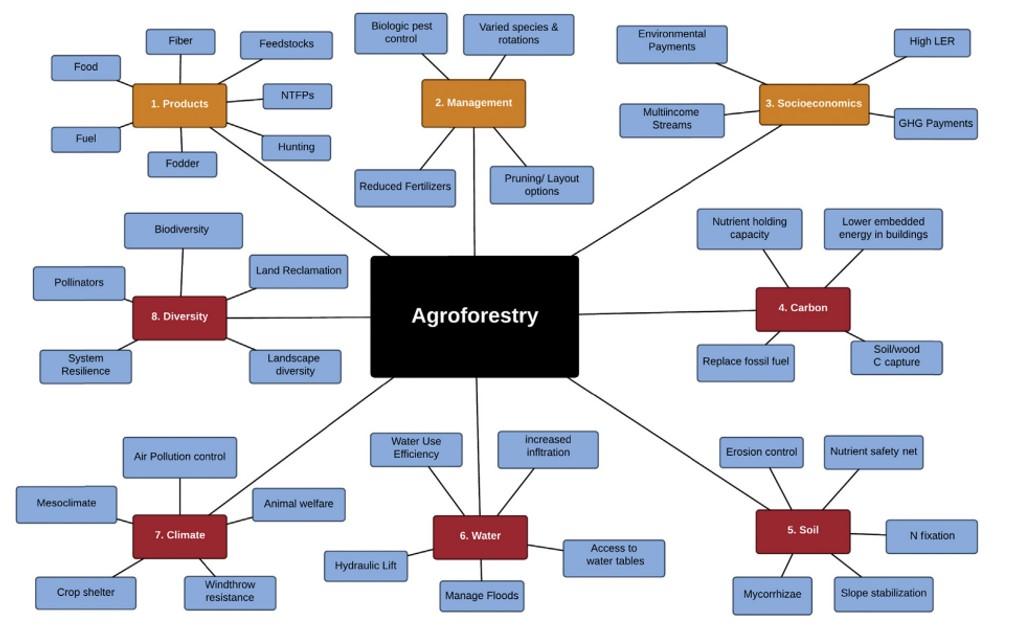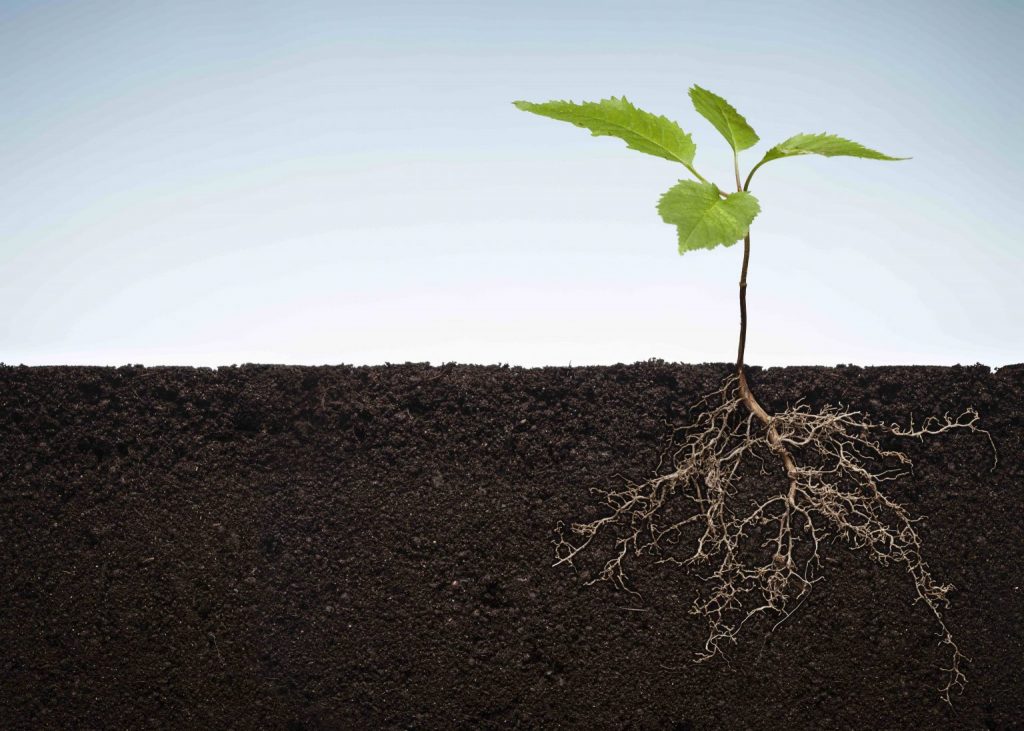Land sparing and land sharing… Agroforestry… Soils and decarbonisation…
.
There are some really innovative ways ahead for farming being considered…
This is from Farming Connect, of the Welsh government which really seems to be coming up with interesting stuff:
Land sparing and land sharing – considerations for farming with nature: Why working with nature and encouraging its recovery is important?
Agriculture represents the single biggest use of land area worldwide, as such it inherently has a large role to play in human interactions with natural systems. With an ever-growing population of mouths to feed, following our historic patterns of expansion would only lead to even more land being converted for food, which is noted as a driving force behind biodiversity losses.
Land sparing and land sharing – considerations for farming with nature | Farming Connect
With more from the RSPB:

This is also from Farming Connect:
Agroforestry options
Many of the benefits of agroforestry have been discussed in a previous article but, in short, these include the impact on sustainability, biodiversity, climate change and soil health. For example, agroforestry is suggested to reduce soil erosion and help balance the available nitrogen and phosphorous in soils to the value of £4 – £15 per ha per year in the UK when comparing silvoarable to arable alone. If even half of the current cropable area could be converted to silvoarable that would lead to UK savings of around £24 – £91 million a year. Agroforestry is at the forefront of discussions about being a low-risk, low-investment, high-carbon sequestering land management practice and has several other ecosystem service benefits as noted in the diagram.

Agroforestry options | Farming Connect

Finally, this is from the University of Nottingham:
Soils and decarbonisation: What future for agriculture?
It is decarbonization day at COP27 today. One of the ways to reduce carbon is capturing it in the soil. Soils are hugely important for our futures here on this planet. But how do soils capture carbon? And how can we develop agricultural practices that better support carbon sequestration in soils?
Soils and decarbonisation: What future for agriculture? – Future Food Systems
With thanks to the RuSource
.